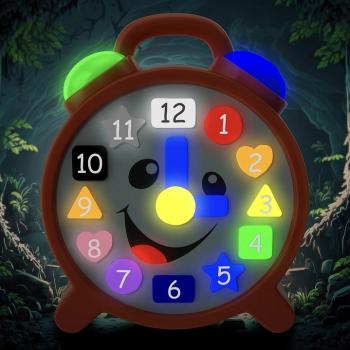Concluding my travels at a well-established, East Coast institution of higher theological education, I felt the age-old tensions about what ‘scholarly merit' means while assessing a text's relevance to Christian faith. To be honest, ‘establishment-academic' eyebrows will raise at the selection of HarperOne as a publisher, which is not to discredit the work or the house. Early-career scholars who choose a more mainstream publishing route (i.e., wider circulation, business-model driven, etc.) often face -- whether justified or not -- the doubt of senior-scholars about the critical rigor of the work. Scholarship given highest ‘merit' usually moves through more traditional, several-round, peer-review processes, and university-press associated houses. This might require a whole post on ‘scholarly merit'! Suffice it to say: while Landau's work surpasses a majority of the extant criteria for scholarship, he will face real challenges arguing scholarly merit. Additionally, he chose a document of research that has little to no scholarly conversation in which to enter. Other scholars have done this and found critical acclaim in the halls of the academy. Many have not found such engagement. Perhaps his work will start a strand of discourse in a critical community of learning. Perhaps not. Time will tell.
Though I lament the increasing gap between scholarly rigor and more popular contributions to human understanding, I also appreciate the value that comes when a critical edge is brought to such a text.
Which is not to say that the text has no relevance to a lively Christian faith. Its broader accessibility, its attention to critical-engagement of an ancient text, its companionable tone and fascinating contents . . . all these things suggest The Revelation of the Magi is a great gift for the holiday season and opens doors to new questions in communities of learning. Given the right serendipities in the publishing market, I could see it becoming a popular conversation starter and book-club book. When it comes to a vibrant life of discipleship, its contents will stimulate new thinking if probably less challenge of new practices or risked encounters with other traditions. I am thankful to have encountered the work. I will urge pastoral colleagues to consider it for the season of Epiphany in my own religious tradition. And I will caution all those who read it to consider the advantages and disadvantages of delving into an ancient text with little scholarly discourse about it. It's marvelous, but it's also a bit more risky for communal comprehension and learning.
For more resources on the Revelation of the Magi, including a book excerpt and discussion questions, visit the Patheos Book Club here.




